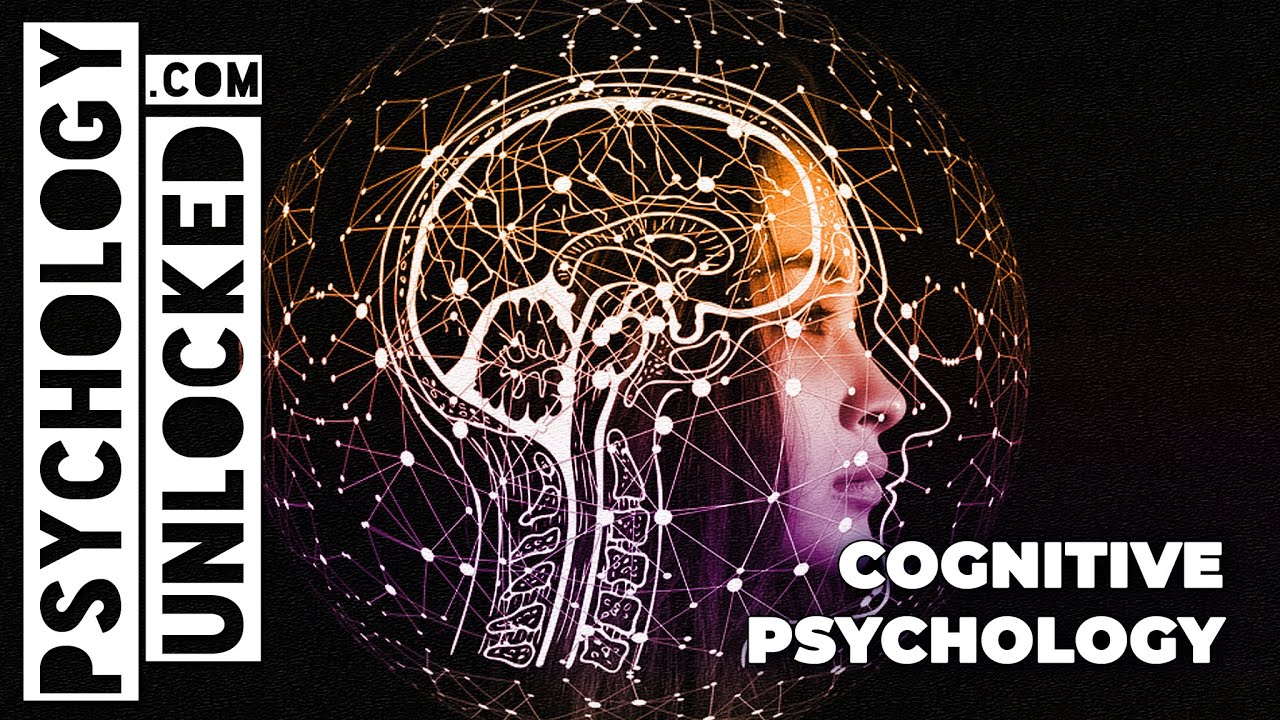Ph.D. in Cognitive Psychology: Introduction, Admission, Registration, Eligibility, Duration, Fees, Syllabus 2024

Introduction:
A Ph.D. in Cognitive Psychology is an advanced degree focused on studying the underlying processes behind human thought, language, and memory. This rigorous program not only deepens understanding of how the mind works but also applies this knowledge to solve real-world problems. Prospective students will find themselves at the intersection of neuroscience, psychology, and computer science, engaging in research that can transform how we think about human intelligence and behavior.
Admission Process:
- Application Submission: Aspirants must submit a detailed application package that includes academic transcripts, a statement of purpose, CV, and any relevant publications.
- GRE Scores: Most programs require GRE scores, particularly the Psychology Subject Test.
- Letters of Recommendation: Typically, three letters are required, preferably from academic advisors or professionals in the field of psychology.
- Interviews: Selected candidates may undergo interviews with potential supervisors and other department faculty to determine fit and research alignment.
- Research Proposal: While not always mandatory, some programs may require a preliminary research proposal to assess candidates' research potential and thinking.
Eligibility Criteria:
- Academic Background: A bachelor’s or master’s degree in psychology, neuroscience, or a related field.
- Research Experience: Demonstrated experience, such as participation in lab projects or relevant internships.
- Statistical and Analytical Skills: Proficiency in statistics and research methodology, often evidenced by coursework or practical experience.
- Publications: Having peer-reviewed publications can significantly enhance a candidate's profile.
- Cognitive Skills: Strong analytical thinking and problem-solving skills.
- English Proficiency: For non-native speakers, a satisfactory score in TOEFL or IELTS is necessary.
Completion Time:
The program generally takes between 4 to 6 years to complete, depending on the student's research scope and progress.
Career Opportunities:
- Academic Research and Teaching: Positions at universities and research institutions.
- User Experience Research: Applying cognitive principles to design more intuitive user interfaces.
- Healthcare Industry: Working on cognitive rehabilitation methods and tools.
- Corporate Research: Enhancing product development with insights into consumer behavior and decision-making.
- Government and Policy Advisory: Shaping public health and education policies based on cognitive research findings.
Syllabus Highlights:
- Cognitive Neuroscience: Studies the neural circuits that underlie mental processes.
- Memory and Learning: Covers theories and models of how memory and learning occur in the brain.
- Perception and Cognition: Focuses on sensory processes and perceptual phenomena.
- Quantitative Methods: Advanced statistical methods for analyzing behavioral data.
- Experimental Psychology: Designing and conducting psychological experiments.
Internship Opportunities:
- Research Laboratories: Participating in cutting-edge research projects in university labs or at private research institutes.
- Tech Companies: Applying cognitive theories to product design or marketing strategies.
- Educational Organizations: Developing educational programs based on cognitive learning principles.
- Healthcare Facilities: Assisting in cognitive therapy and rehabilitation programs.
- Non-profits: Working on initiatives that promote mental health awareness and cognitive health.
Scholarships and Grants:
- University Fellowships: Many universities offer doctoral fellowships that cover tuition and provide a stipend.
- Research Grants: Opportunities such as those provided by the National Science Foundation or the National Institutes of Health.
- Private Foundations: Awards from foundations that focus on educational or psychological research.
- Travel Grants: Financial support for attending international conferences or conducting field research.
- Government Scholarships: Scholarships available for both domestic and international students based on merit and research proposals.
FAQs:
What makes Cognitive Psychology different from other psychology fields?
Cognitive Psychology specifically studies higher mental processes such as memory, reasoning, and problem-solving, unlike broader fields that may include emotional and social aspects.
Can I collaborate with other departments during my Ph.D.?
Yes, interdisciplinary collaboration is often encouraged, especially with departments like Neuroscience, Computer Science, and Education.
What is the role of technology in Cognitive Psychology research?
Technology plays a crucial role, especially in areas like brain imaging and modeling cognitive processes through machine learning.
Are there professional organizations for Cognitive Psychologists?
Yes, organizations such as the American Psychological Association and the Cognitive Neuroscience Society are prominent.
